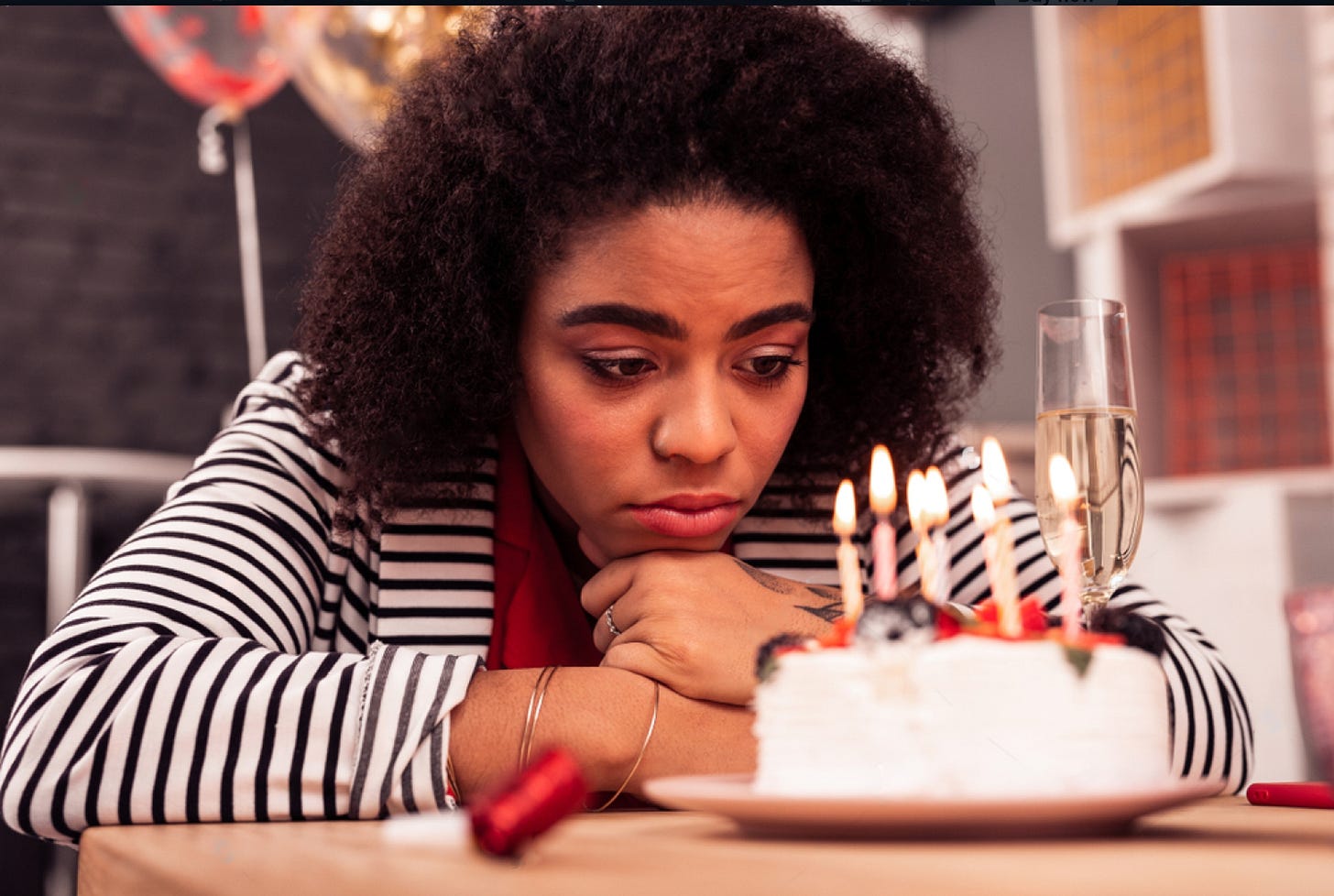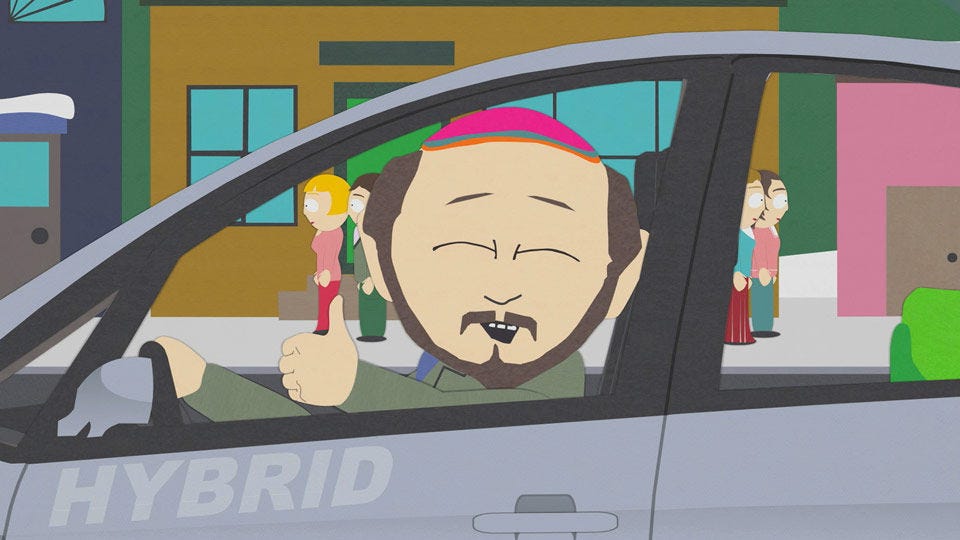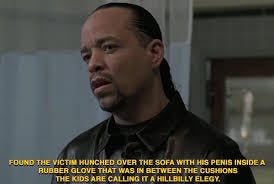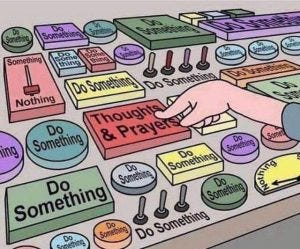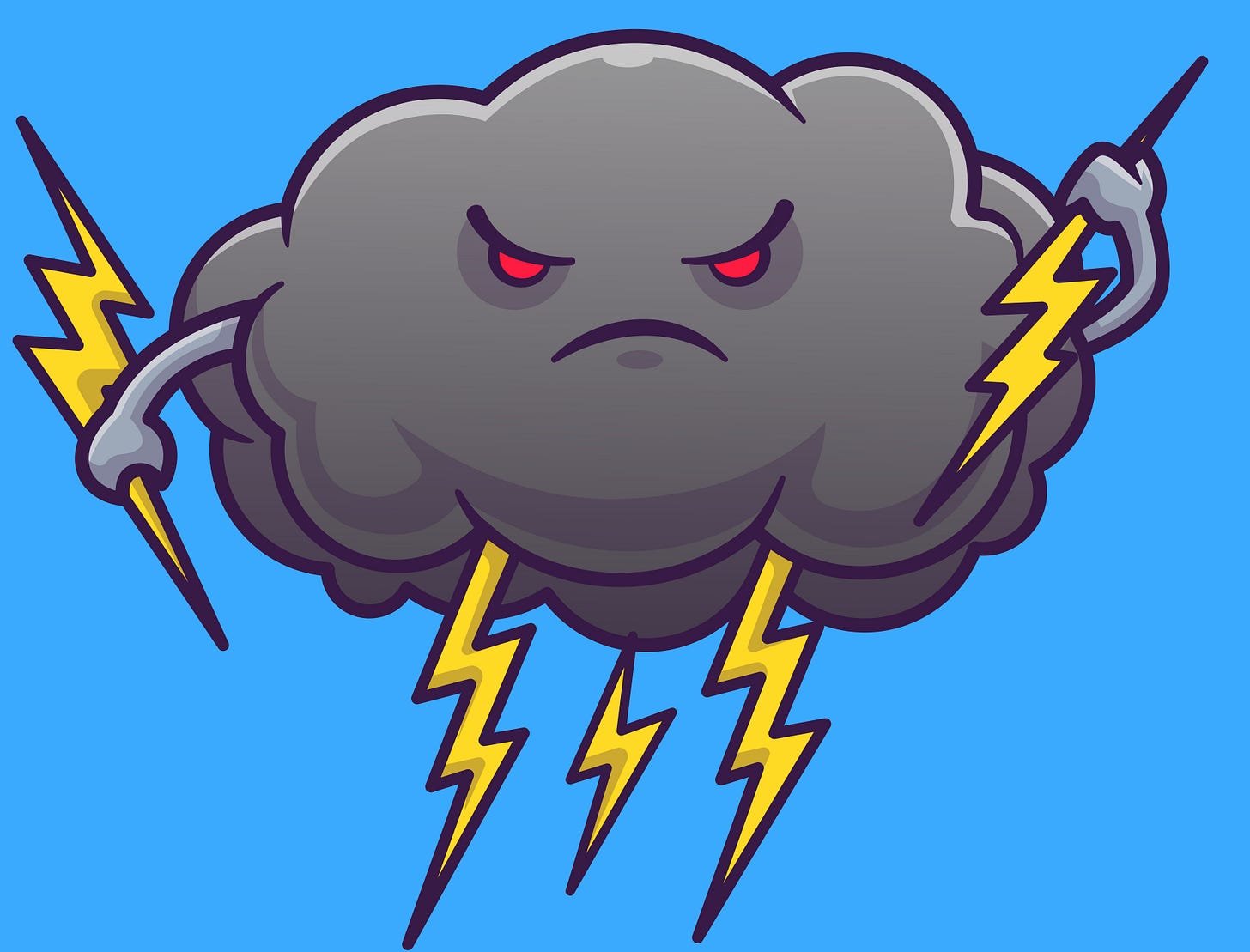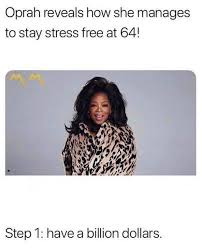Not Dead, Homeless, or in Jail is not a "Miracle"
Aging out of a biased foster care system and why we need to stop setting the bar so low
Before you come at me saying my views are some dumb, idealistic, liberal, white lady bullshit, please at least allow me an extremely brief summation of my life experience with the topic.
I’ve been homeless, I’ve been in locked facilities, I was in a group home through my 18th birthday, I’ve worked in human services, and I left the field after 10 years.
Ok, we good?
Good.
I’m not a statistic of the foster care system. I’m writing this in the comfort of the house I have a mortgage on, next to my loving husband of 10 years who is oblivious to what I’m doing as he is balls deep in some online game. Like wearing a headset video game intensity level.
We are childless by choice so I am on a powered leather recliner from Bob’s furniture with a dog and cat at my feet and a mineral water in the cup holder. I drive an electric vehicle, watch videos on lawn care, and buy plants just because they make me happy.
I’ve become your average middle-class, middle-aged asshole that gets excited over a new flavor of seltzer and worries about having a decorative towel in the bathroom. This will always feel like I landed on an alternate timeline. If you told my teenage self this was the future, she would have gone into a coughing fit from laughing so hard and not believed you that I was even alive or that the only thing they could pull up on my record nowadays is parking tickets and they have all been paid in full.
There’s been a spotlight recently on the widely debated “Hillbilly Elegy” as J.D. Vance skyrocketed back into the national limelight with the blessing from a certain orange Jesus. Whether it’s based on truth or not, he describes growing up in the poor white working class. He attributes his success and graduation from Yale to his grandma who took him in when his mom was using drugs, the Marine Corps, and a graphing calculator. There I saved you about six/ seven hours you would never get back. The movie was better anyway.
His political views aside, he has a law degree, is in the United States Senate, and is a venture capitalist. What if he was thrown into the system instead? What if his grandma wasn’t there? Statistically speaking, he would have had a 20% chance of instantly becoming homeless when he turned 18. A one out of two chance at gainful employment by the age of 24 and a less than 3% chance of earning a college degree at any point in his life. And that is all while being an able-bodied, straight, cis-gendered white male where life’s difficulty setting defaults to easy mode.
Small life obstacles can become immensely larger when you’ve had no consistency, no support system, and have usually been prevented from interacting normally with society at large. Nobody sat me down and helped me fill out a FAFSA at the group home. Nobody taught me the importance of money management and budgeting, not only did nobody visit, but nobody even called during the holidays. Nobody taught me how to act in a job interview, and the only skills I had were how to accurately pee in cups for drug tests and make people laugh at my sarcastic replies to everything. When you turn 18, you are left to your own devices with even less guidance.
I know some improvements have been made to ease the transition to adulthood and independent living as it’s been 20 years since I was a group home girl, but the progress is stifled with bureaucratic red tape. People often recognize how grim the outcomes of the child welfare system are and then just shrug their shoulders, comment their “thoughts and prayers” on social media, and move along.
Any therapist I’ve had thinks I’m some kind of miracle just because I’m not in jail, homeless, or dead. People don’t say things like that about their own kids and grandkids. They expect those things to be a given for them. I live the life of the most basic bitch. I ended up on paper, fairly “normal”. My biggest outward accomplishment is that I’m a homeowner. I get it, in this economy, it’s not as easy of a task as it used to be, but I’m not even good at it. Every month I pay my mortgage 30 days late and make the cut-off just before they start reporting late payments to the credit bureaus and sending letters talking about defaulting and foreclosure. Nonetheless, my husband and I are proud of our shitty little house because we worked incredibly hard to get here and are the first generation to own property in our families.
His parents were never homeowners nor do they have any savings, but they were present, believed in him, and provided for their kid’s needs before themselves. Because of this, when it approaches the end of the month and the mortgage is past due he doesn’t worry about it. I, on the other hand, picture having to sell all our belongings, and live on the streets. I have never had the luxury of just assuming it was all going to be okay and work itself out. There is this constant lurking cloud behind me that tells me I don’t deserve any of the things I have and everything will inevitably fall apart at a moment’s notice.
I have had to start my entire life over many times. Each became a better version of my previous self, but when you’re always told that you are going to wind up as some bleak statistic you try to temper your expectations. My goal was always to just be able to live. When I made it past 21, I was shocked. I had never bothered planning much of a life, I was convinced I wouldn’t make it. My only goal in life after that has been to own a house and I did it.
This writing is not a complaint or an attempt to garner attention or sympathy. I’m content with my life as it stands, but what if my goals were bigger? I don’t even mean crazy big, I mean, like get a 4-year degree, find a career that makes me happy, travel, and become fluent in another language etc. My expectations were always from a mindset of survival mode, not living and that’s the difference.

Yes, it’s sad the statistics of youth in the system are the way they are, but we also need to stop spewing them as some self-fulfilling prophecy. The stories that sell are ones of people’s meteoric rise to fame from nothing, the Oprah’s of the world.
They are inspiring, but fame and that much fortune aren’t bestowed upon most people with even the happiest childhoods. If only there was a way to create a societal shift in attitude towards foster kids to view them as not future statistics, but future fellow nobodies with satisfying lives and becoming a person they can be proud of. Yet it seems the attitude can not shift until the statistics do.
So how do we help? Where does it start?
We love to place the blame on the parents, the overburdened social workers, and the various people along the way we pass the buck to so we can say that it is their fault a kid slipped through the cracks again. The system is so much more textured and nuanced than parents did bad things, a kid gets removed, the system is burnt out, kid fails. I will write in the future about more intricate details inside the system that hopefully provoke some thoughts, but my focus right now is the teens aging out of care.
Not everyone, but I’m sure the vast majority of people reading this didn’t have to live in a group home and are not familiar with the conditions inside. As a kid approaches their 18th birthday, when they become a legal adult in the United States, they are given the option to “sign themselves in”. This means voluntarily staying in the child welfare system which often has created more complications than solutions in their life. There was not much info in regards to what that meant to me. On my 18th birthday, I had to view it as a clear-cut choice of:
Do I want a place to sleep tonight? or Do I want to finally be able to walk out the door and never look back?
I chose my donated sheets instead of the streets. I stayed several months past my birthday as they searched for a placement that would take me. There were no beds available at the sporadic “independent living” facilities, and most foster parents prefer younger kids. The foster care adoption rate speaks for itself, kids 4 or younger have a 48% chance, from 5-12 it drops to 40%, for thirteen- seventeen it drops to a mere 12%. Less than half of the chance they had just a year prior. So finding a bed for an 18-year-old, recovering drug addict, who knew more about suboxone than substacks and was recently let off probation, was understandably a hard sell.
The recognition of a need for placement is a start. You can have your tax dollars funding transitional programs that provide resources to empower youth and teach the skills necessary for successfully living on their own with the support of peers experiencing a similar journey and those who have recently navigated those waters. The alternative is funding 3 hots and a cot surrounded by career criminals and allowing a cycle to continue. There is a foster care-to-prison pipeline. 25% of foster care alumni will become involved with the criminal justice system within 2 years of leaving care.
Great Nicki, but what can we do?
Do you have a rental property?
You can prioritize renting that ADU you just built to a kid aging out. An often missed fact when you have to decide whether or not to sign yourself in is that you become your own foster parent. You get the monthly payments that would otherwise go to a foster family. I hope the going rate has gone up since I was in care, but it was $17/day and about $300 every 3 months as a “clothing check”.
It wasn’t a lot, but it was enough to offset the expenses of having to buy everything from scratch and survive. There was no hand-me-down furniture from extended family or housewarming. My first apartment didn’t have a sofa for at least 3 months, my mattress laid on the floor and I used milk crates I found in the alley as a dresser. I worked 65 hours a week and took a skateboard and bus between jobs to make sure I had a roof over my head and still had to rely on the food pantry to make sure I had enough.
I wasn’t on my parent’s phone plan, car, or health insurance like most kids my age. I didn’t even learn how to drive until my boyfriend taught me when I was 20 years old and it’s not like I could afford a vehicle anyway. I was lucky because his parents sold me their old car for $1. It allowed me to get a little more sleep between jobs and cut my commuting time to a quarter of what I had to do before.
I don’t have an apartment for rent, or furniture to donate though…
You can help by donating simple things. Silly little things like that extra paper towel dispenser you have lying around or spare laundry basket or literally anything you use for daily function.
You could take in a foster kid aging out of care and provide stability as they transition out.
I get it. Not everyone wants to open their home to a foster kid, I don’t even want to. If you do, I wish you all the positive vibes on the planet as it’s not for everyone, it is a special calling. But you can support the kind souls who do take in those kids in need by connecting with organizations in your area that provide foster parent resources and see what needs they have. Everything is a google search away from that pocket computer we carry around.
You can help by brainstorming ways your strengths could benefit kids aging out of care. Could you connect what you do for a living with transitional care?
Psych 101- Maslow’s “Hierarchy of Needs” starts with survival. Helping youth aging out of care by solidifying survival and safety can prioritize healing and reduce the cycle of abuse, the cycle of poverty, institutions, and trauma.
At the very least, you can stop the stigma that us group home kids are destined for failure by challenging that thought and getting involved in any small way to assist with their success.
When you invest in young lives, you are investing in the future. A society will reap what it sows. Let your message be one of understanding the adversity they overcame to get to adulthood, but don’t let it define them. Let them know adulthood is ultimately a longer chapter in life and they can make it whatever they want.
I will end this rambling by saying that there are wonderful programs out there that do the heavy lifting, but they still need the whole village to raise a kid. I have included a spotlight on one that is doing great work in Colorado, is there something like this in your area?
Helping Hands - There After Foster Care
Facts
https://www.ncbi.nlm.nih.gov/pmc/articles/PMC5644395/
https://www.fosterfocusmag.com/articles/foster-care-and-homelessness
https://www.ncbi.nlm.nih.gov/pmc/articles/PMC3969135/
https://blogs.psychcentral.com/foster-care/2019/04/the-foster-care-to-prison-pipeline/
Thanks for reading Nicki Marson! Subscribe for free to receive new posts and support my work.




